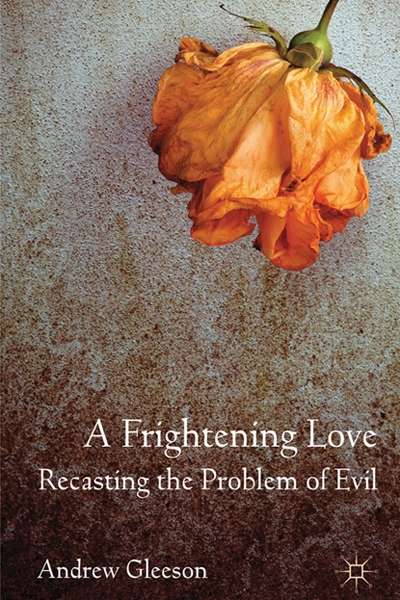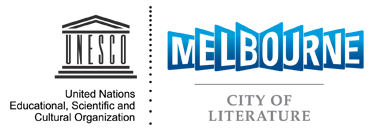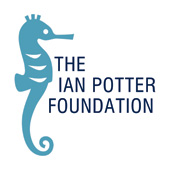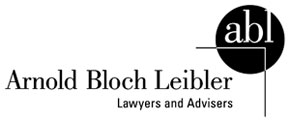The case study in question is ‘the problem of evil’. The philosophers that the author takes to task are ‘analytic philosophers’ who seek to construct theodicies (‘accounts of God’s reasons for creating the world that will provide him with moral exoneration’). These philosophers mistakenly suppose that ‘the problem of evil’, which they aim to defuse, is an intellectual problem, properly treated using ‘capacities for factual knowledge, instrumental rationality, logical reasoning, various technical skills and other qualities of this ilk, keeping the use of other capacities, such as moral judgement, to a minimum’. Pace these philosophers, the author claims that ‘the problem of evil’ is properly treated as a matter of ‘existential authenticity’, and not as a matter of ‘objectifying expertise’.
According to the author, the ‘existential problem of evil’ points to a division between two kinds of people: those who ‘judge love itself to be of supreme importance, give it their absolute loyalty, and turn their worshipful praise onto it’; and those, like Ivan Karamazov, for whom ‘the reality of evil makes the world so dark that they cannot enjoy an unencumbered love’, and for whom ‘the loyalty which defines their lives is to the burning children’. Moreover, these two groups may be morally or existentially required to take the stances that they do: some people are existentially required to judge that love itself is of supreme importance, while others are existentially required to reject that judgement in the light of, for example, the horrendous suffering of young children. Finally, God is neither cause nor agent; rather, God is simply love itself. This identification of God with love itself is ‘central to the logic of faith of Judeo-Christian religion’ – a claim that is itself established by careful attention to ‘the sense of religious speech coming from its use in the context of prayer, worship, confession, and so on’.
A Frightening Love is short and dense: even philosophers may find it tough going. The major claims of the book are provocative; there are some novel and unfamiliar ideas in play, and the criticisms of ‘analytic philosophy’ and ‘analytic philosophers’ take no prisoners. Large questions arise.
The claim that God is neither cause nor agent, but rather just love itself, is both hard to understand and controversial among Christians. I do not think that Christians pray to, confess to, or worship love itself; nor do I think that Christians believe that they pray to, confess to, or worship love itself. Moreover, I think, Christians would typically be rather uncertain what ‘love itself’ might be. If we are serious about attending to the sense of religious speech arising from its use in the context of prayer, worship, confession, and so on, then it seems to me that, while we shall not deduce that God is love itself, we shall certainly conclude that God is both agent and cause. True enough, there are historical strands in Christianity which deny that God is literally a person; but the predominant view – both among theologians, philosophers, and regular churchgoers – has almost always been that God is literally the maker of heaven and earth; and it is, I think, uncontroversial that the predominant view among Protestants – theologians and philosophers and regular churchgoers – has almost always been that God is literally both person and agent. It requires something more than boldness to suppose that there is a ‘central logic to Christianity’ that is almost everywhere contradicted by its ‘empirical manifestations’. Can it be seriously asserted that there is a ‘central logic to Christianity’ that is contradicted in Scripture, and in the various confessions of faith: the Belgic Confession, the Westminster Confession, and so forth?
The idea that people divide into just two camps – those like the author and those like Karamazov – is also hard to swallow. I don’t believe that there is any such thing as ‘love itself’, and yet the horrendous suffering of small children plays no role at all in my lack of belief in ‘love itself’. I am hardly unique: there are millions and millions of non-believers in the world for whom this is true. Moreover – and importantly – there is a mountain of empirical evidence which seems strongly to support the claim that there is no difference between believers and non-believers in their capacity for, or their actual engagement in, loving relations and good deeds. If we are going to infer commitments to ‘love itself’ from what people actually do, it is very hard to see any grounds for thinking that those who profess to be believers in ‘love itself’ have any greater commitment to loving relationships and good deeds than those who do not thus profess.
Talk about ‘the problem of evil’ is fairly seriously misconceived. There are many ‘arguments from evil’, and it is these arguments to which the ‘analytic philosophers’ whom the author criticises are responding. Proponents of these arguments are typically atheists, people who think there are no gods. They do not suppose that these arguments establish that there are no gods; rather, they suppose that these arguments show that there is not a certain kind of God – one that is the omnipotent, omniscient, perfectly good creator of heaven and earth. Those who believe that there is such a God may find these arguments challenging: if so, it seems reasonable that they should seek to construct satisfying responses to them. Of course, those who think that there is some other God will not be troubled by these arguments. Does this fact somehow impugn the responses of those who do think that there is such a God? I can’t see how.
True enough, there are some philosophers – the present author among them – who suppose that the belief that there is such a God is idolatrous, and that belief in God as thus conceived is ‘merely superstitious’. By these lights, almost all religious believers – and, in particular, almost all Christians – who have ever lived have explicitly held and averred beliefs that are idolatrous and merely superstitious. While Andrew Gleeson is happy to say that these people have held beliefs that are contradicted by the religious practices in which they engage, it seems to me to be much more plausible to think that what these people say and do in their religious practice – their praying, their worshipping, their reciting of their creeds, and so forth – simply bears out the beliefs that they take themselves to hold.















